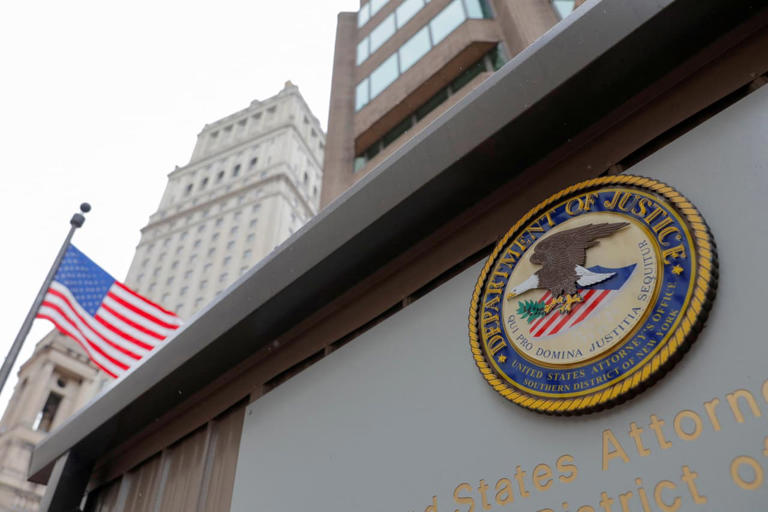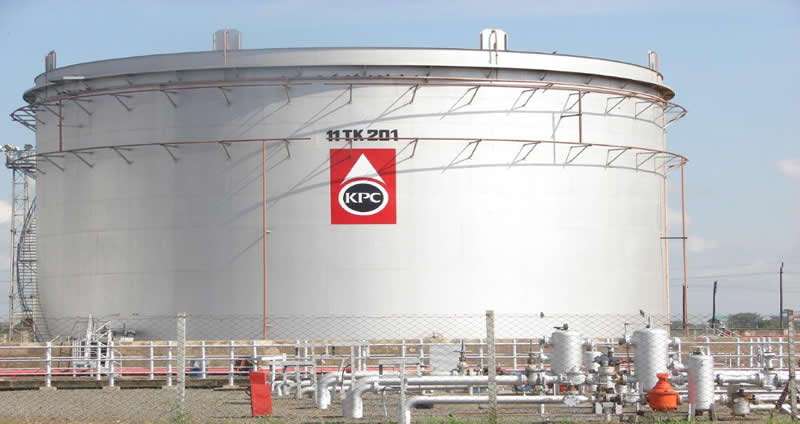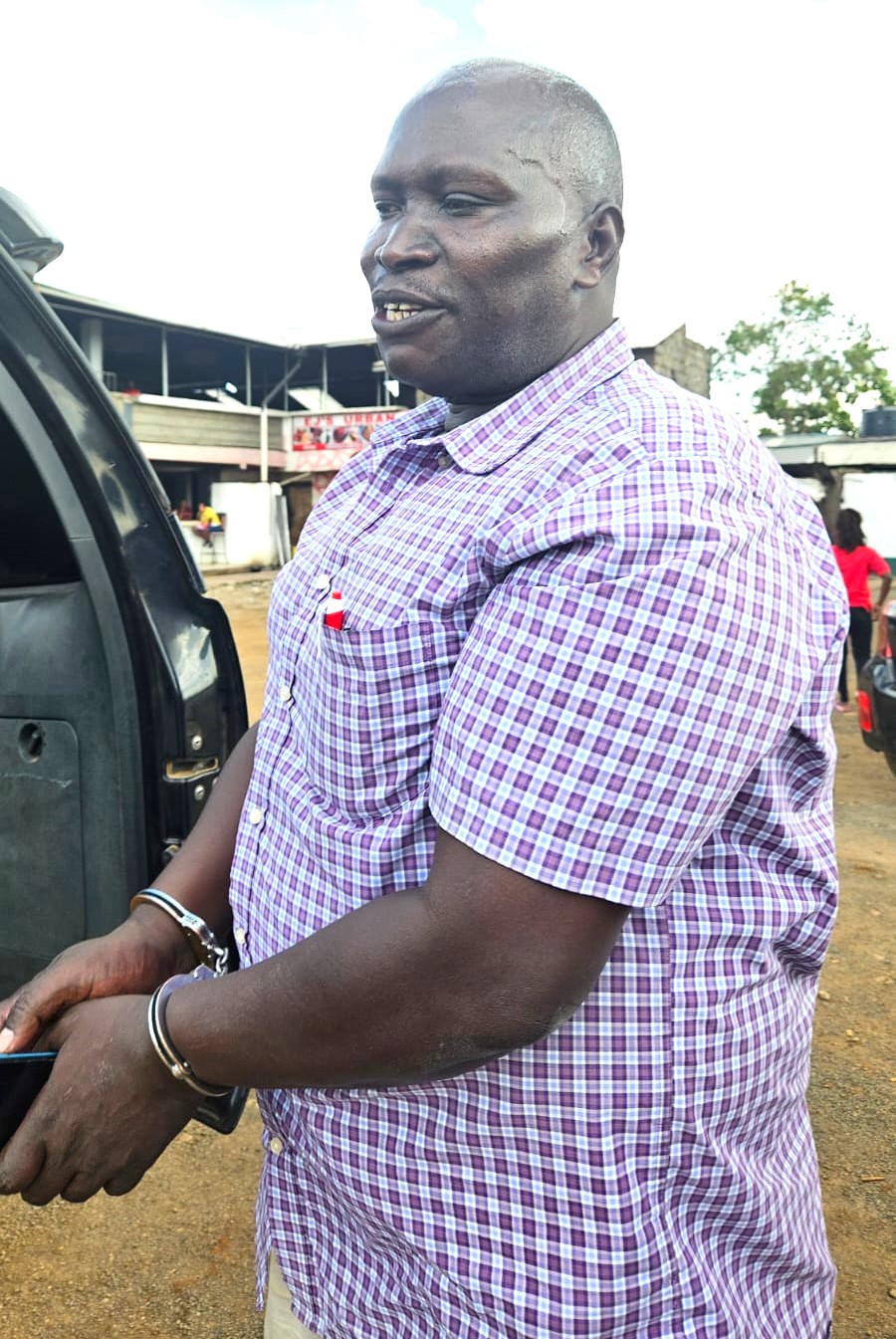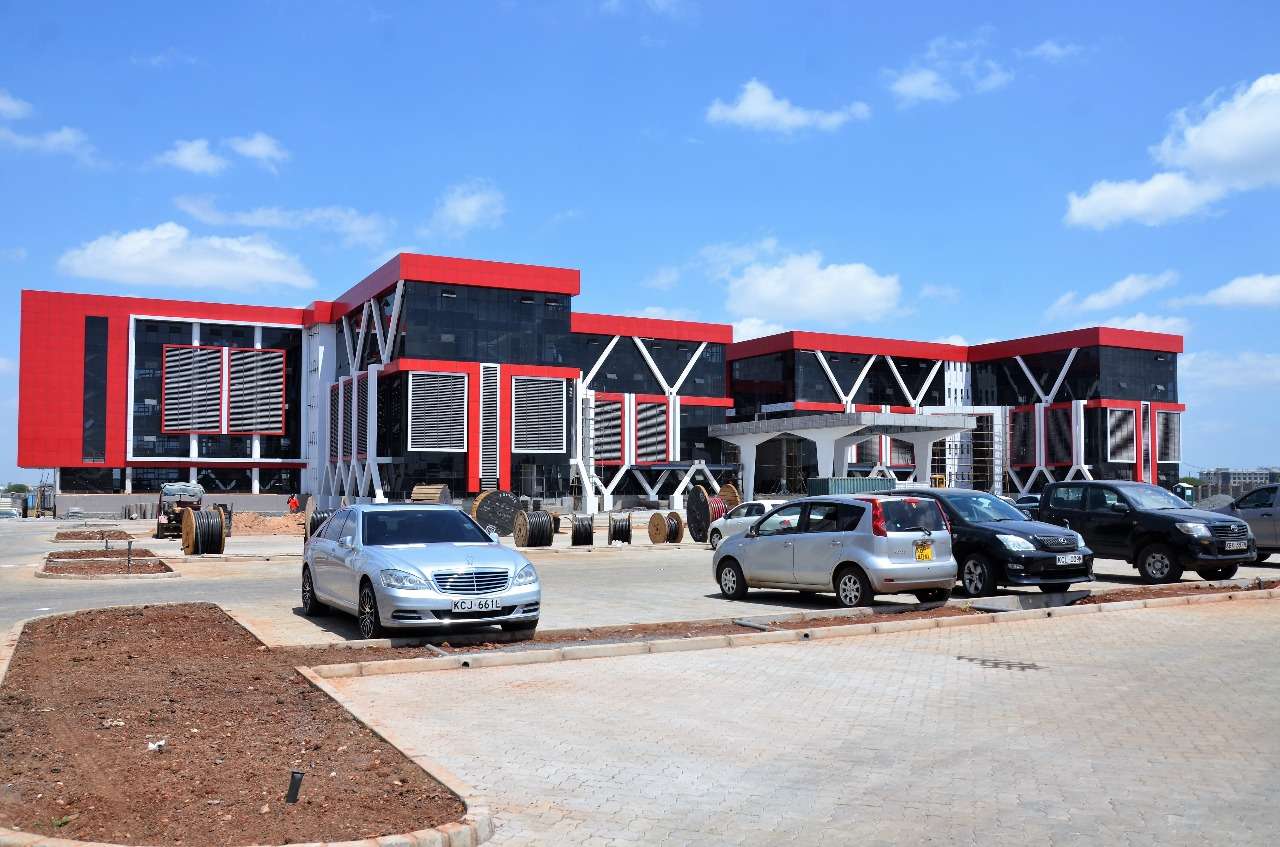Two executives of a carbon-offsetting firm with ties to Kenya have been charged with fraud in a U.S. court, accused of manipulating carbon credit data from cookstove projects in Malawi, Zambia, and Angola to secure over $100 million (Ksh 12.9 billion) fraudulently.
The fraudulent carbon credits were generated from projects aimed at reducing greenhouse gas emissions by replacing traditional open fires in rural areas with more efficient cookstoves. Kenneth Newcombe, former CEO of C-Quest Capital (CQC) LLC, and Tridip Goswami, Head of CQC’s Carbon & Sustainability Accounting Team, are alleged to have falsified data from these projects, as well as others in Asia, to obtain carbon credits dishonestly.
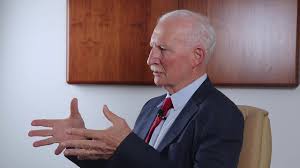
CQC, which operated in Kenya through a partnership with Mwangaza Light, sold these fraudulent carbon credits on the global market, deceiving companies looking to offset their carbon emissions. U.S. federal authorities, including Damian Williams, U.S. Attorney for the Southern District of New York, and James E. Dennehy, Assistant Director of the FBI’s New York Field Office, announced the charges, linking CQC to a scheme that defrauded the carbon credit market and secured over $100 million in fraudulent investments.
Jason Steele, CQC’s Chief Operating Officer, has already pleaded guilty to his role in the fraud and is cooperating with authorities.
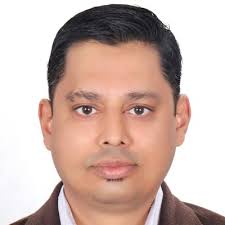
The carbon credit market was developed as a way to reduce greenhouse gas emissions, with companies buying credits to offset their own emissions. While some markets are regulated, the voluntary carbon market, in which CQC operated, is driven by companies voluntarily committing to reduce their emissions. In these markets, non-governmental organizations issue carbon credits based on standards developed in consultation with market participants, and project developers receive credits for activities that reduce or remove greenhouse gases from the atmosphere.
CQC generated its carbon credits—specifically voluntary carbon units (VCUs)—by running projects, including the installation of more efficient cookstoves in rural Africa and Southeast Asia. These cookstoves were intended to reduce emissions by using less fuel compared to traditional methods. CQC collected data through surveys to estimate how much fuel was saved and how many stoves were operational. This data was then used by a third-party issuer to calculate the number of carbon credits (VCUs) CQC would receive.
However, from 2021 to 2023, Newcombe, Goswami, Steele, and others at CQC submitted false data, making it seem as though the projects in Malawi and Zambia had achieved greater emission reductions than they had. When Goswami reported that the emission reductions were significantly below expectations, the team agreed to manipulate the data, going as far as fabricating survey results. These falsified figures were submitted to the issuer to fraudulently claim carbon credits. Additionally, they provided false information regarding the number of operational stoves in the projects.
U.S. Attorney Damian Williams stated, “As alleged, Kenneth Newcombe and Tridip Goswami, along with others, engaged in a years-long scheme to fraudulently obtain carbon credits by using manipulated and misleading data. They then sold those credits to unsuspecting buyers in the multi-billion-dollar global carbon credit market.
The actions of these defendants undermined the integrity of a market that is crucial to combating climate change.” He emphasized that the U.S. government will continue to pursue fraud in the financial markets, including the carbon credit sector.


